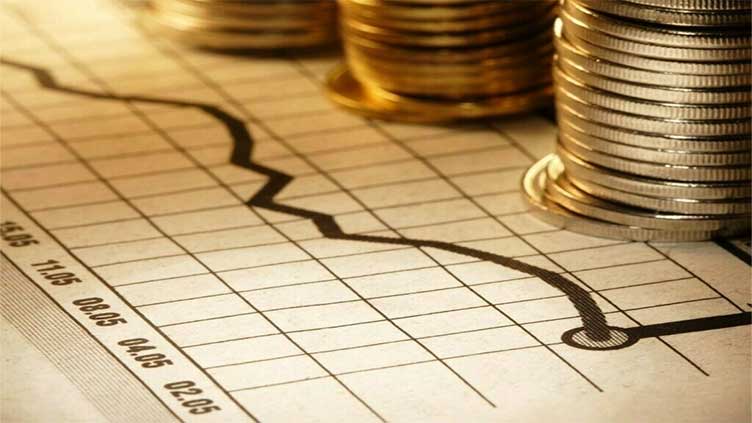Tax-to-GDP ratio rises 10.8pc in FY25 second quarter, below IMF target

Business
It remains below IMF-agreed target of 13.6pc
ISLAMABAD (Web Desk) - Tax-to-GDP ratio rose to 10.8 per cent in the second quarter of the 2024-25 fiscal year, a statement from the Senate Standing Committee on Finance and Revenue said on Thursday, below the target of 13.6 per cent agreed with the International Monetary Fund (IMF) when it approved a $7 billion bailout loan for the cash-strapped country last year.
“The tax-to-GDP ratio has risen to 10.8% in the second quarter [of FY24-25], up from 9.5% in the first quarter, although it remains below the IMF-agreed target of 13.6% by the end of the program,” said a press release after the Senate Standing Committee on Finance and Revenue met on Thursday.
During the meeting, the committee was briefed on Pakistan’s current revenue shortfall of Rs384 billion for the first half of the fiscal year. The FBR collected Rs5,624 billion in taxes, falling short of the targeted Rs6,008 billion.
Senator Saleem Mandviwala, the chair of the committee, expressed concerns over the Federal Bureau of Revenue’s handling of sales tax collection.
Finance Minister Muhammad Aurangzeb responded by highlighting ongoing reforms, including a move to simplify income tax forms for salaried individuals and a push for transparency in tax collection through technological innovations.
Aurangzeb also discussed the government’s intention to separate tax policy from FBR operations in the next financial year, aiming to ease the burden on the salaried class.
“We are taking steps to keep the tax form simple and easy,” he added.
The committee also stressed the need for reforms to reduce the administrative burden on taxpayers while ensuring that tax collection remained “efficient and fair.”
The possibility of converting certain taxes into a carbon tax, a proposal raised by Senator Sherry Rahman, was also discussed.
“While the finance minister acknowledged the World Bank’s 10-year $20 billion Country Partnership Framework, which includes climate and carbon concerns, some members, including Senator Farooq H. Naik, raised concerns about the impact of a carbon tax on inflation and its effect on the poor,” the statement said.


